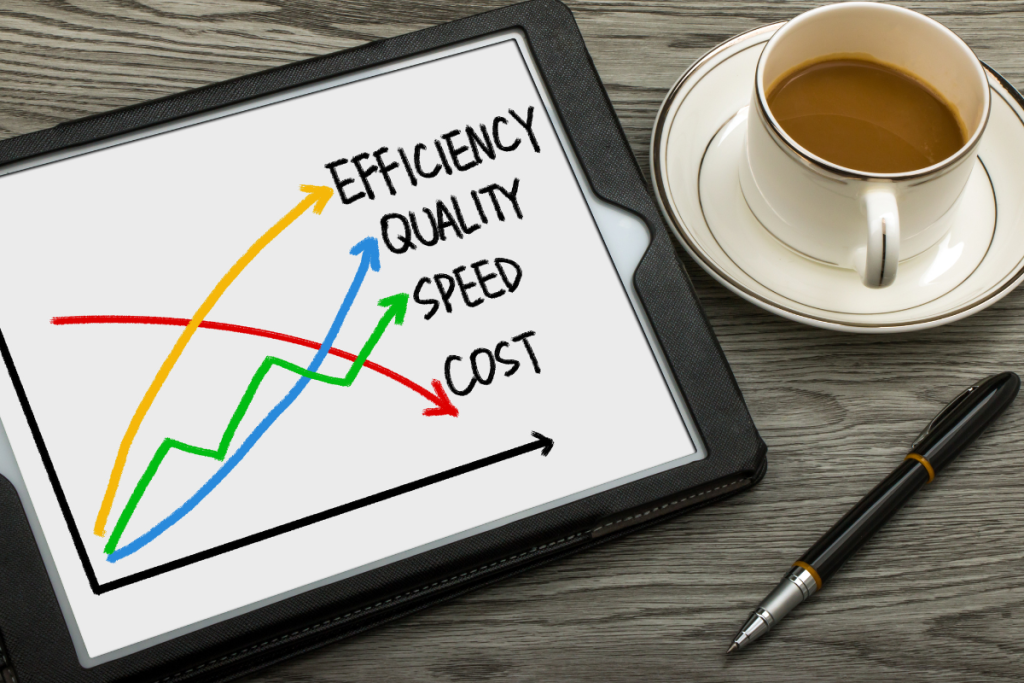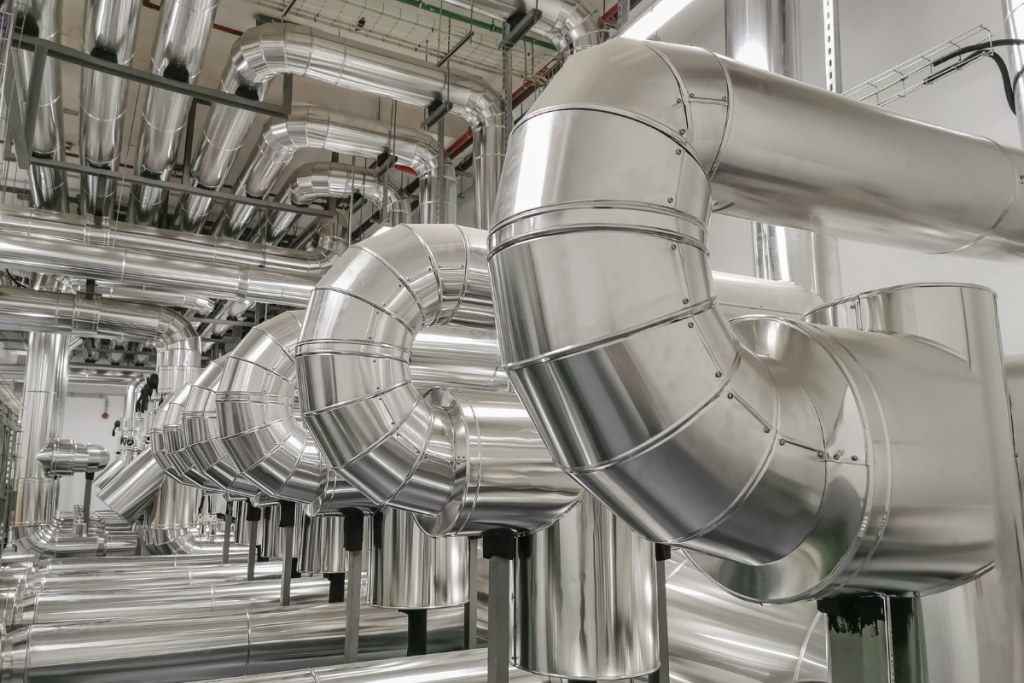An HVAC system breakdown right in the middle of an oppressive heatwave is one of a commercial property manager’s worst nightmares. Suddenly, you’re inundated with complaints from uncomfortable tenants who now may be at risk of heat stress or heat stroke from rapidly rising temperatures in your building.
Emergency preparedness with an effective contingency plan is critical to successfully managing system breakdowns during heatwaves while you arrange for repair. The plan should detail steps that facilitate prompt and coordinated action in the event of a crisis, outline clear roles and responsibilities, and lay out communication protocols.
Here is a set of guidelines you can use to start building your contingency plan before your HVAC system starts having performance issues or showing signs of potential failure.
1. Notify Designated Personnel
Immediately report the issue to your building maintenance team and HVAC service provider. Keep their contact information handy for quick retrieval when you need it.
2. Implement Contingency Measures For HVAC System Breakdowns
Have your team dispatch portable fans and other cooling units to provide temporary relief to occupants while they await system repair. If feasible, encourage occupants to work from home. You should also address the situation over your building’s PA system and assure tenants that measures are being taken to fix it.
If your tenants need support, deploy employees who are trained on emergency procedures and safety protocols, including knowing evacuation route locations and basic first aid practices to provide assistance. They should also carry a list of emergency contacts to reference when needed.
3. Identify The Problem
Your maintenance team should try to identify the problem next. Have them check for and report if they find poor airflow, a lack of cool flowing air, strange noises, or unusual smells.
They can also inspect thermostat settings, air filters, and the circuit breaker to ensure they’re functioning correctly and take a look at the ductwork for obstructions that might restrict airflow.
Read More: Eliminating Odours From Your Commercial HVAC System
4. Shut Down The HVAC System
In some cases, it might be necessary to shut down the system completely. For example, if you detect a gas or water leak, knowing how to shut the system down safely can help keep everyone safe and prevent further damage.
Follow the manufacturer’s instructions on how to shut the system down correctly. If there is any doubt, avoid guessing and contact your HVAC technician for help.
5. Await Service Help From Your HVAC Service Provider
Your teams should never attempt makeshift solutions or repairs unless they’re trained and qualified to work with HVAC systems. Doing so can be dangerous and cause further damage to your equipment.
Mitigate The Risk Of HVAC Downtime
Although problems with HVAC systems invariably happen, you can cut the risk with a few simple strategies that will also extend the life of your equipment and cut your energy costs:
Properly Manage Your Thermostat Settings
It might be tempting to set the thermostat to extreme temperatures during a heat wave or cold snap, but doing so can overload your HVAC components, increasing the risk of breakdown. Your HVAC service provider can make thermostat setting recommendations customized to your building’s needs.
Inspect Your Current System
Arrange for your HVAC service provider to thoroughly assess your HVAC system’s vulnerabilities. Potential issues such as aging equipment, inadequate maintenance, poor electrical wiring, and insufficient capacity to handle peak loads during heatwaves should be addressed and corrected.
Install A Building Automation System
Remote building automation systems (BAS) continuously track the performance of your HVAC equipment, providing facility managers with real-time alerts about anomalies or malfunctions. This enables prompt intervention of any issues to prevent system failures.
BAS also offers many energy-saving features that can help cut your energy costs.
Read More: 6 Tips For Reducing Energy Consumption In Commercial HVAC Systems
Sign Up For A Preventative Maintenance Package
Call your commercial HVAC service provider in Toronto for recommendations on a preventative maintenance package that will help you avoid emergency HVAC situations. These packages often include the inspection of ductwork, filters, coils, and refrigerant levels to detect and address any issues before they escalate.
We’re always happy to discuss how Springbank can help meet your commercial HVAC needs with programs that will keep your tenants comfortable, extend the life of your equipment, and save you thousands in energy bills. We can also deliver a list of customized recommendations that will protect your occupants and get cooling operations running again in the event of an emergency. Contact our team anytime to learn more!
Gregg Little, Paul DeThomasis, and Hugo Lopes are co-owners of Springbank Mechanical Systems. You can reach them at 905-569-8990 or via email at gregg@springbank.com, paul@springbank.com, or hugo@springbank.com.






